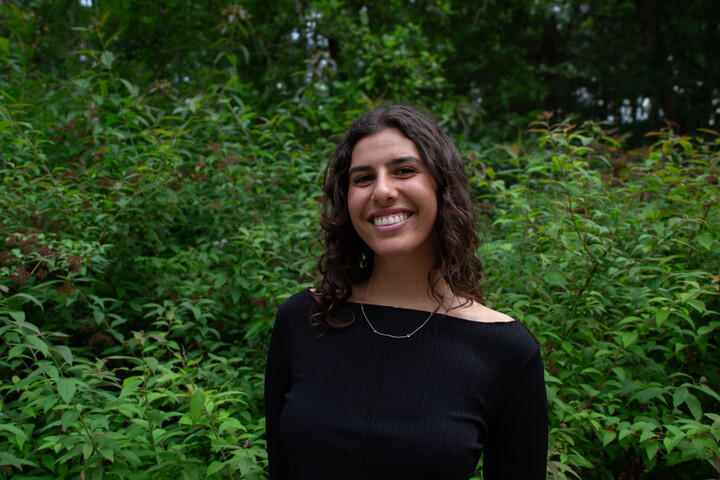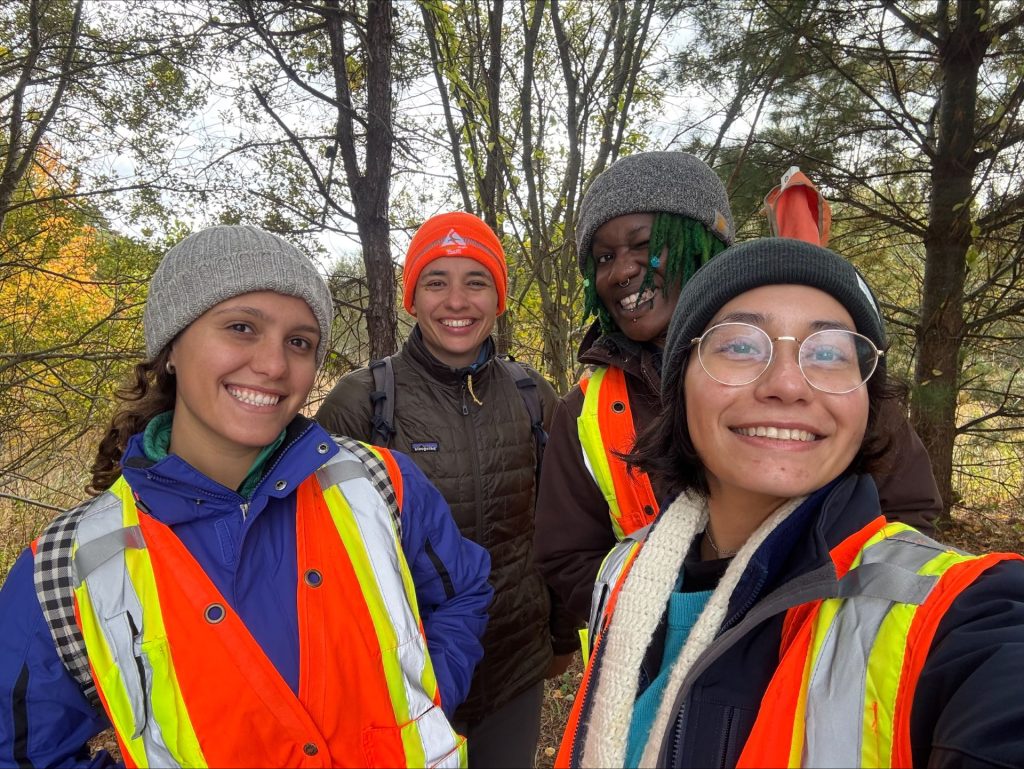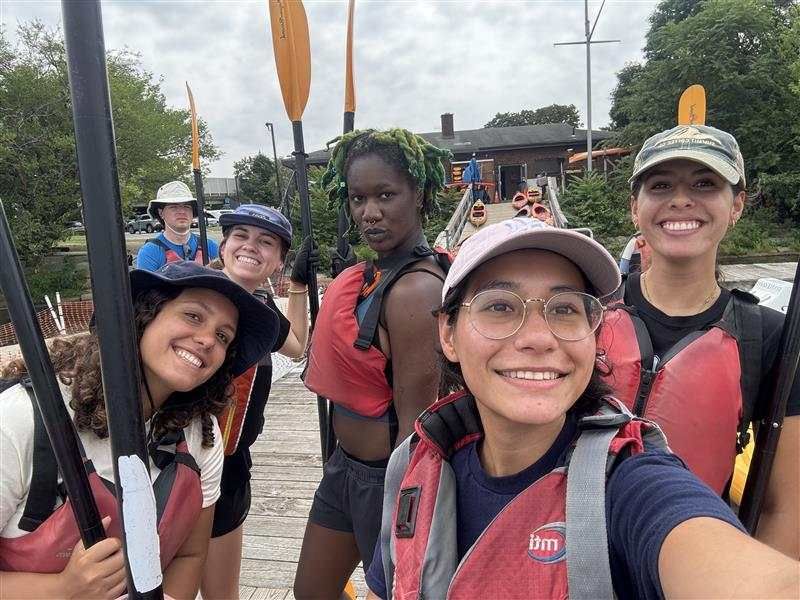By Tami Gordon, Nature in the City Fellow

As the Nature in the City (NITC) Fellow with Mass Audubon, I recently attended the Hope Summit in Charleston, South Carolina, a gathering that brought coastal and inland communities together to explore how land, water, and people are interconnected. Mornings were filled with workshops led by city planners, non-profit founders, early-career and seasoned professionals. Our afternoons were spent walking the city, learning through observation and experience. (Who knew that falling down the stairs on your first day is a great way to get people to talk to you?)
The Summit’s focus on community resilience, climate preparedness, and equity reflects the foundation of the NITC program: meaningful engagement, co-governance, and place-based solutions. The central theme of hope reminded me that climate work is most powerful when it is rooted in collective stories and communal, hands-on experiences.
A workshop titled Re-Story-Ation emphasized “Experience > Explanation,” reminding us that people are moved less by data than by what they can feel, touch, and witness firsthand. Effective environmental storytelling invites emotional and embodied understanding, making space for community voices that hold both memory and expertise.
This raised key questions: Where does local knowledge—like shared memories of unofficial community landmarks or a farmer’s multi-generational expertise—fit alongside technical expertise, like standardized historical and landmark processes and agricultural policy? And in the American South especially, how does cultural incompetency limit ecological understanding?
Inside the Charleston Museum, a painting of a Confederate flag hung over our conference room. Romanticizing slavery like this implies that some lives (and some lands) hold less value, a hierarchy that still shapes environmental inequities today. When land is treated as expendable, the people closest to it (often Black and Indigenous communities) are treated as expendable too.
At the Summit, I learned that across the South, many plantations have been converted into wildlife sanctuaries. We explored how this sort of interpretation of historical land use often prioritizes scenery over the lives of enslaved people who shaped those landscapes. This is why climate justice cannot be separated from racial justice; cultural competency in resilience planning requires acknowledging historical harm, and development—even towards something “good” like a wildlife sanctuary—that ignores community history, like slavery, risks repeating cycles of exclusion.
My time in South Carolina affirmed that my professional project—a key part of the Early Career Fellowship experience—must center cultural inclusivity, belonging, and place activation. Storytelling and embodied practices like dance, humor, ritual, being with the land are all powerful tools that help us face climate grief and reconnect with one another.
People are not the problem—disconnection is. And reconnection begins with stories that make change feel possible. My upcoming study will discern how to embed cultural development into place-making by studying the lived experiences community members have with open spaces. Through this work, I hope to further the ways we all show up for racial justice, for our neighborhoods, and for the urban landscapes we share, so our cities can become places where everyone knows they belong.
Tami Gordon (they/them/theirs) is the Nature in the City Fellow for Cohort 4 (2025-2026). Tami works with the Nature in the City program staff and provides support to both the Boston Tree Alliance and Broadmeadow Brook. A recent graduate from Boston University’s Earth and Environmental Sciences program, Tami has been a lover of the environment since they were a child growing up with the stories of their Jamaican and Trinidadian household. When they’re not at work, you can find them making music, birding, or writing.




